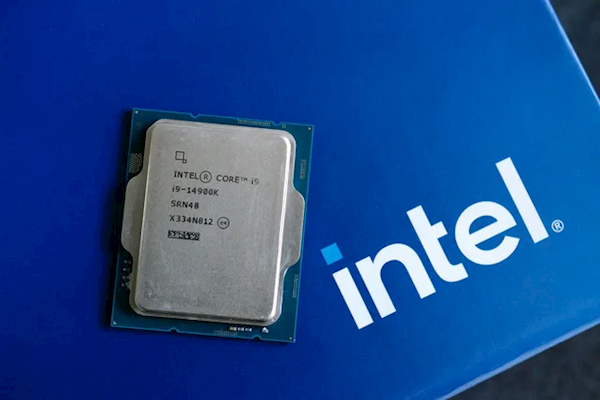Intel confirms: The instability issues with 13th/14th generation Core processors have been completely resolved! No new patches required
![]() 10/07 2024
10/07 2024
![]() 626
626
According to Quick Tech News on October 7, since the instability issues such as crashes and blue screens emerged in the 13th/14th generation Core processors in April this year, Intel has continuously released multiple official statements explaining the root cause of the issues and successively launched four microcode and BIOS patches, with the latest version being 0x12B.
According to Intel's latest announcement, the root cause of the instability in the 13th/14th generation Core processors has been identified as the Vmin Shift, and the entire issue has been completely resolved, with no new patches expected in the future.
The so-called Vmin Shift, simply put, refers to the excessively high voltage requirements of the 13th/14th generation Core processors and motherboards, which can accelerate chip aging over prolonged use, leading to instability.
However, there is still a 'loose end' to this entire incident: Processors that have already exhibited instability issues are unsolvable and cannot be repaired, necessitating replacement.
Fortunately, Intel has fully opened replacement channels, offering up to five years of warranty coverage for both boxed and OEM complete systems.
According to official statements, Intel has identified four operational scenarios that may trigger the Vmin Shift in affected processors and has proposed corresponding solutions for each scenario:
1. Motherboard power supply settings exceeding Intel's recommended settings. A Default Settings recommendation has been introduced.
2. The eTVB microcode algorithm allows Core i9 processors to deliver higher performance even at high temperatures, which was addressed in the June 0x125 microcode update.
3. The microcode SVID algorithm, which frequently and continuously requests high voltages, may cause the minimum operating voltage to shift, which was resolved in the August 0x129 microcode update.
4. The microcode and motherboard BIOS require an increase in processor core voltage, particularly under no-load or light-load conditions. The upcoming 0x12B microcode update will integrate updates from 0x125 and 0x129, specifically targeting high voltage requests under no-load or light-load conditions.





